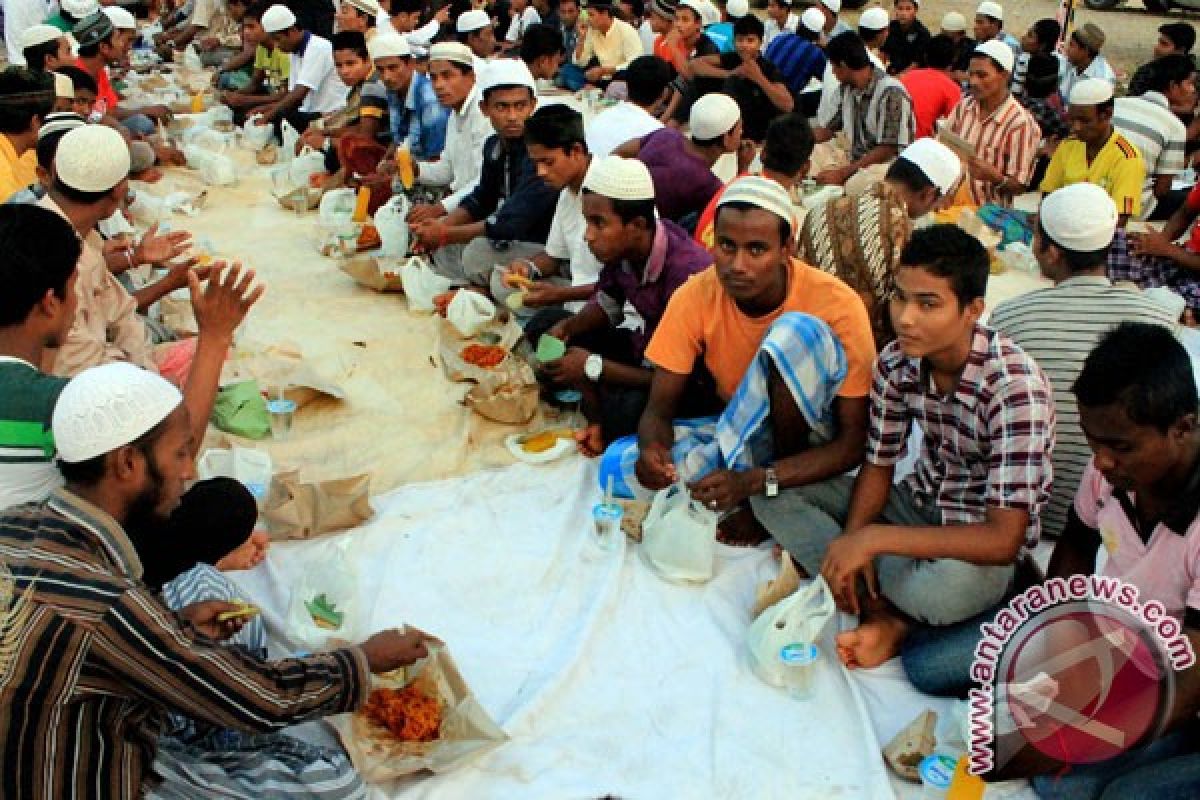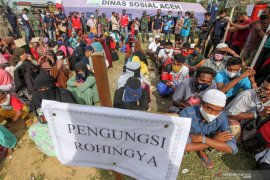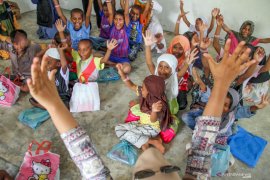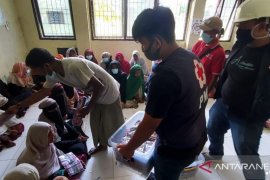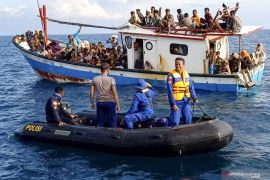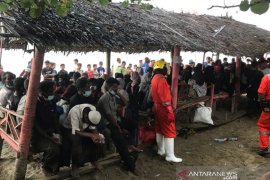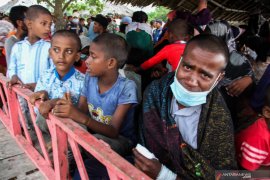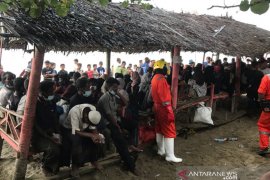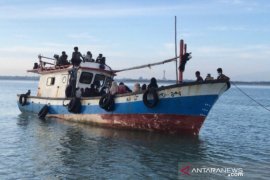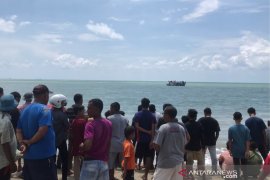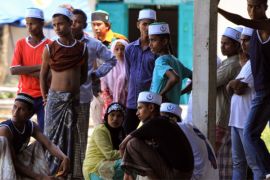During the time of pandemic, it is increasingly important to take care of each otherBekasi (ANTARA) - Indonesian representative to the AICHR, Yuyun Wahyuningrum, expressed deep concern over reports of Malaysian maritime authorities denying entry to Rohingya refugees arriving by boat on April 16 on grounds of containing COVID-19 transmission.
"During the time of pandemic, it is increasingly important to take care of each other," Wahyuningrum stated when contacted in Bekasi, Thursday.
Wahyuningrum stressed that compassion was the need of the hour, particularly toward those marginalized and in dire need of assistance, such as the Rohingya.
Even as tightening border controls and restricting freedom of movement may become necessary in containing the spread of COVID-19, it should not push away people fleeing persecution from gaining access to protection, she emphasized.
Wahyuningrum pointed out that all ASEAN member states have a health protocol in place, under which those coming ashore can be quarantined for 14 days at the designated place.
“I would like to remind the ASEAN and member states that just last week, on April 14, 2020, the ASEAN just adopted a declaration addressing the issue of COVID-19, which, among other things, calls for AMS to “prioritize the well-being of our people in ASEAN’s collective fight against COVID-19 and provide appropriate assistance and support to the nationals of ASEAN member states affected by the pandemic in each other’s countries,” she stated.
"We should not repeat the same mistake committed in 2015 when dozens of Rohingya people died at sea since their boats were not allowed to disembark in Malaysia, Thailand, and Indonesia. The right to seek asylum is guaranteed in Article 16 of the ASEAN Human Rights Declaration (AHRD)," Wahyuningrum pointed out.
In February 2020, the Task Force on Planning and Preparedness of the Bali Process on People Smuggling, Trafficking in Persons and Related Transnational Crime (Bali Process) issued a statement highlighting the primacy of saving lives at sea and not endangering the life and safety of people in responding to “irregular maritime migration” and “supported the principle of non-refoulement,” which Malaysia, along with Indonesia, Myanmar, Thailand, and Bangladesh were part of.
Video images showed a crowd of mostly women and children, some bony and unable to stand, being helped to shore. One emaciated man lay on the sand, Reuters reported.
One refugee told a reporter the group had been turned back from Malaysia twice and a fight had broken out onboard between passengers and crew at one point.
Malaysian officials did not respond to requests for comment on reports that it had pushed back earlier boats from its waters.
”We understand that these men, women, and children were at sea for nearly two months in harrowing conditions and that many of them are extremely malnourished and dehydrated,” the U.N. refugee agency UNHCR stated.
Meanwhile, Clare Algar, senior director for research, advocacy and policy at Amnesty International, stated that refusing to help the people on these boats would not just be willfully blind, but it would also be deliberately worsening their plight.
The battle against COVID-19 is no justication for regional governments to let their seas become graveyards for desperate Rohingya people, she emphasized. Related news: HRW urges UN agencies to ensure ICJ's Rohingya decision enforced
Related news: Indonesia gives grant of Rp7.5 billion to help Myanmar refugees
Reporter: Azis Kurmala
Editor: Rahmad Nasution
Copyright © ANTARA 2020
